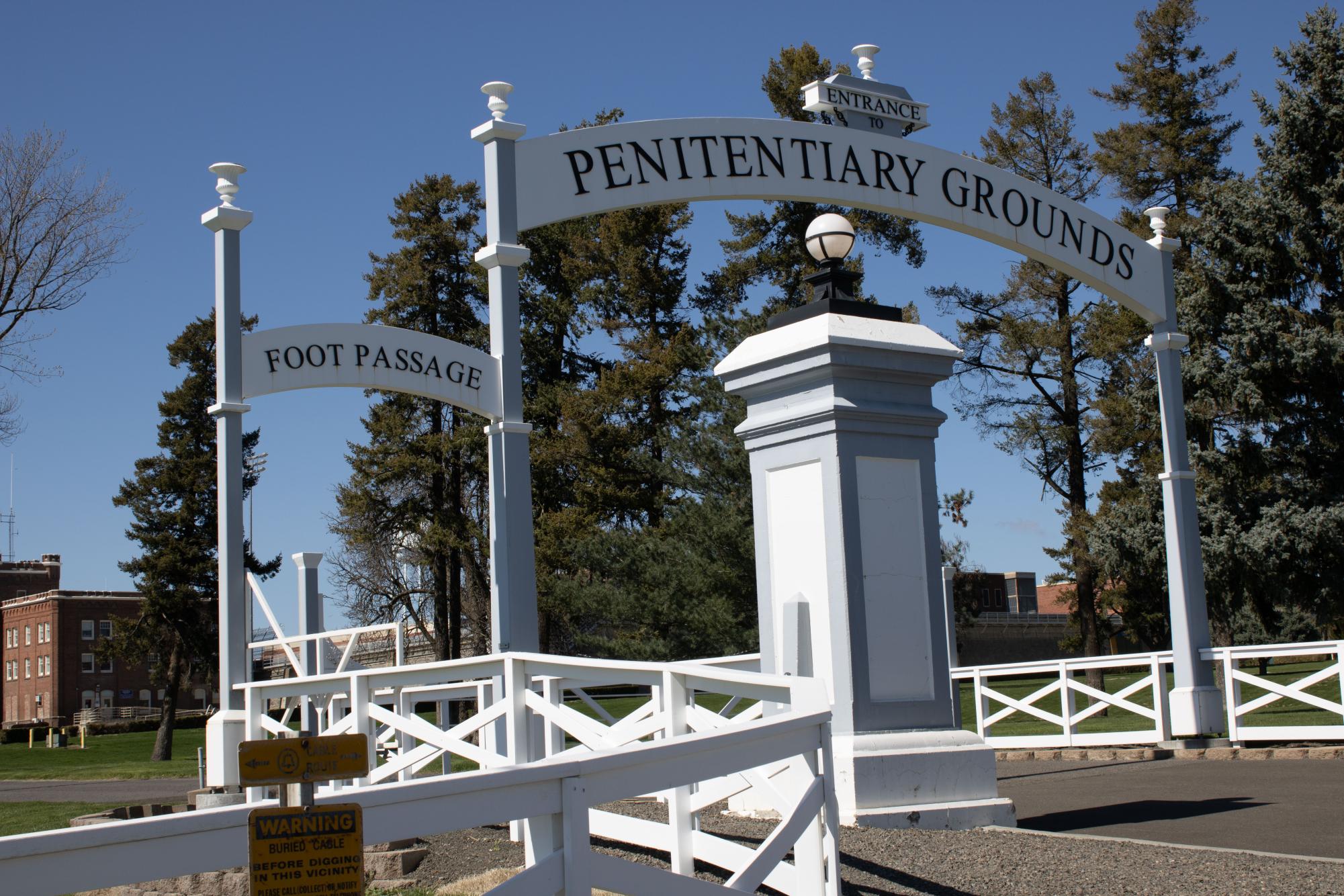
On March 23, The Washington State Department Of Corrections released the news of the death of an incarcerated individual in the Washington State Penitentiary (WSP).
Sayadeth Phouthavongxay, a 29-year-old prisoner who was assaulted by another inmate, ultimately passed away after seven days, per a news release by the WSP.
The identification of the suspect was not revealed by the officials. However, the individual was put in a “restrictive housing unit” at the prison.
According to the news reports, the alleged assault took place in the West Complex Yard of the prison on March 16.
The Washington State Penitentiary stated that further investigations are being handled by the Walla Walla Police Department and the Washington Department of Corrections.
In the aftermath of the recent incident at Washington State Penitentiary, Vivian Schimke, a Whitman student pursuing an independently planned major in criminology who has participated in classes at the WSP, shared her thoughts.
She expressed that incidents such as these would have an effect on the rehabilitation and reintegration efforts for inmates within the prison system.
“It makes these efforts be overlooked because people immediately think that there is no hope for incarcerated individuals,” Schimke said. “From my knowledge, the prison system mainly focuses on the punishment aspect, and not rehabilitation.”
Elena Schenkenberg is a senior sociology-environmental studies major at Whitman who has also taken part in classes at the WSP.
According to Schenkenberg, the prevailing sentiment among incarcerated individuals is that the prison environment does not prioritize moral growth or rehabilitation. Rather, it is perceived as a space primarily designed for punishment, lacking the necessary components for fostering personal development.
“From my conversations with currently incarcerated individuals at the Penitentiary, the prison’s environment is not concerned with reshaping the morals of those inside,” Schenkenberg said.
Schimke talked about an incident that happened during one of their classes.
“The guards came in the middle of class and told us we were in lockdown and we had to leave. We were all escorted out, and while walking across the prison, one of the gates didn’t open. All of a sudden, a golf cart-like vehicle zoomed past us, and on the back of the cart was a cuffed prisoner, who had a giant blood stain and puncture wound on his upper left chest. The fabric of his pants was all torn up, and I could see a lot of blood. Immediately after that, we heard on the walkie talkie of the guard that was escorting us that there was one death,” Schimke said. “This moment reminded me of where I was, and the reality that I am not completely safe there. It reminded me that I was lucky enough to be able to leave that place, and feel safe. But for the people who reside there, they live in constant fear everyday.”
Schimke described her intentions as she interacts with the class and incarcerated individuals.
“I think we need to reduce the stigma of incarcerated individuals, and not immediately paint them out to be evil human beings. My role is to educate people on the reality of the prison system, and how it makes almost no effort to rehabilitate and reintegrate prisoners back into the real world,” Schimke said.
Schenkenberg suggested that the incorporation of students into prison systems is a key action that leads to advocating for reforms or improvements to enhance the safety and well-being of incarcerated individuals.
“The prison isn’t talked about very often, and it’s visually separated from us. By bringing it to the forefront of the conversation, we can start to get more support and advocates for prisoner rights, both in and out of those walls,” Schenkenberg said.
Schenkenberg explained that half of the incarcerated students have spoken about their crimes to the class and have directly shared their regret about what they have done in the past.
“All of the prisoners in the program, it appears to me, are working toward improving themselves and being ready for life beyond jail,” Schimke said.
In light of the recent incident in the WSP, Schenkenberg emphasized the importance of mental health support to prevent similar incidents in future.
“I’m sure these incidents are traumatic, but from what I’ve heard from people inside, they’ve become almost desensitized to what goes on,” Schenkenberg said. “After taking a class on restorative justice in the Penitentiary, I’m a firm believer in restorative practices that focus on mental health, constructive conflict management and safety.”
Schenkenberg shared her experience about the interactions with prisoners and their engagement to meet students and book for these programs.
“What happened at the penitentiary is tragic, and I don’t want that to be undercut. I also don’t want people to see this story and assume that all prisoners are like this,” Schenkenberg said. “I have met several people at the prison who have changed and couldn’t change until they were imprisoned. The people I’ve met are kind, smart, funny and thoughtful.”





Eliyahu • Apr 7, 2024 at 10:34 am
Our prison system differs in many ways from those of other countries, with us being the outlier. We have the highest number of prisoners of any country in the world, as well as the highest per capita rate of incarceration. We impose longer sentences than any other Western democracy and, not surprisingly, have the highest recidivism rate of that group. We place little emphasis on rehabilitation, with the primary focus of incarceration being punishment, and then, with our system of background checks, make it extremely difficult for released prisoners to succeed in rejoining society, instead doing our best to keep them marginalized.